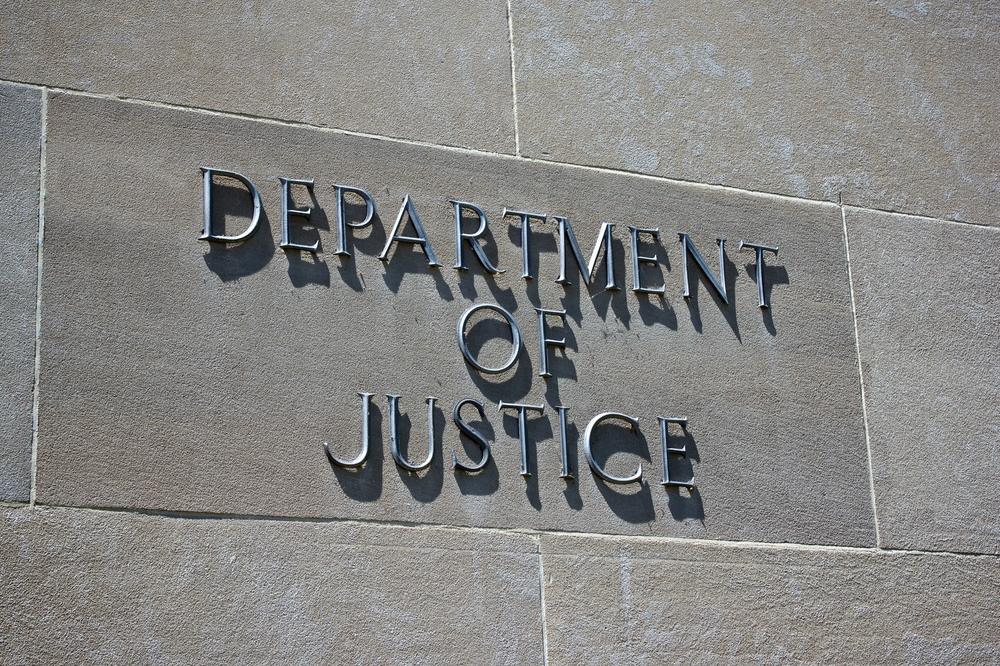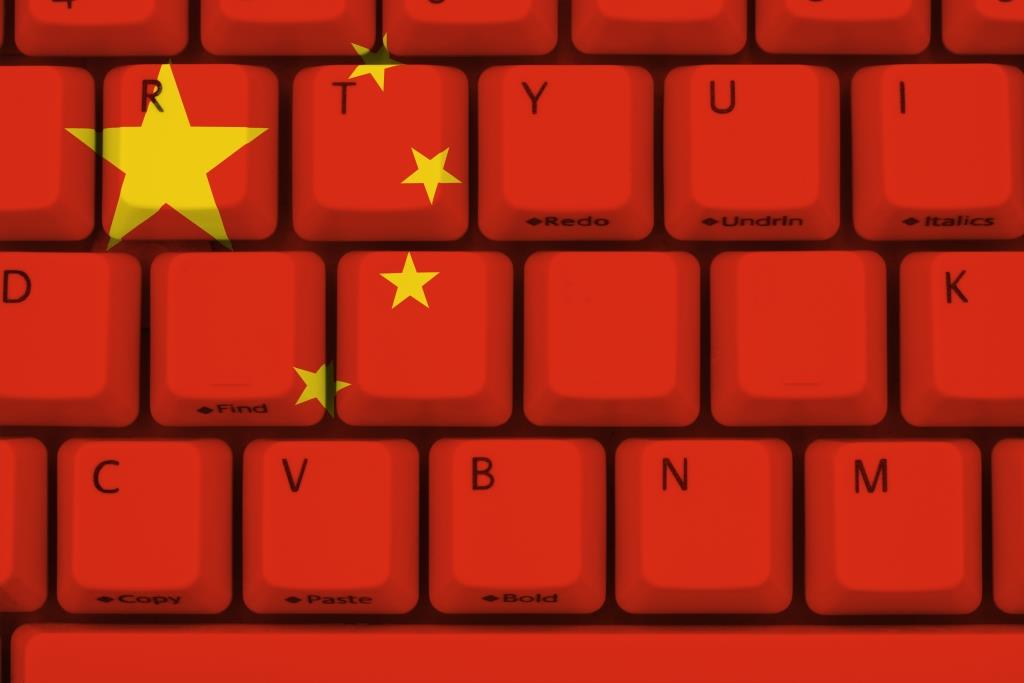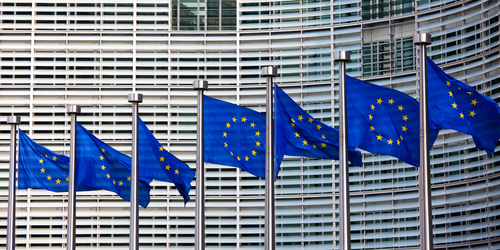A recent Justice Department reorganization of its National Security Division concentrates resources on fighting state-sponsored economic espionage and corporate theft of trade secrets. These strategic changes focus on Justice’s ability to target and prosecute hackers and others who seek to damage national assets by means including economic espionage, proliferation, and cyber-based national security threats.
READ MORE
Justice Hammers International Trade Secrets Hackers











